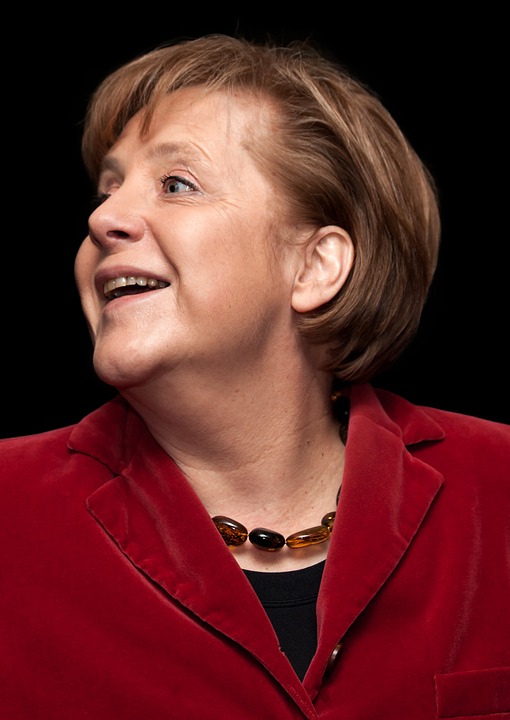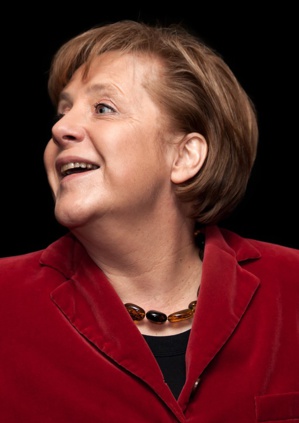The prospect of the trade agreement “Trans-Pacific Partnership” meeting a dead end, as the President-elect of the U.S, Donald Trump, announced that he would pull out the U.S. from TPP agreement, resulted in a not so “happy” mood of the Chancellor of Germany, Angela Merkel. According to Merkel’s arguments “alternative pacts” will not prove to be as strong substitute.
However, the Chancellor did not directly mention Trump’s name in her speech which she delivered in the Parliament of Germany, wherein she urged other nations to adapt a “multilateral approach to solving global problems”, while plainly stating her “unease” about the TPP’s future. In her words:
“I will tell you honestly: I am not happy that the trans-Pacific agreement now will probably not become reality. I don’t know who will benefit from that – I want to hold back with forecasts. I know only one thing: there will be other trade agreements, and they won’t have the standards that this agreement and the hoped-for TTIP agreement have. This has to do with jobs under globalization with fair competitive conditions, with shaping globalization in a humane way.”
Merkel referred to “Trans-Atlantic Trade and Investment Partnership” that stand between the EU and the United States. EU officials are left uncertain about the TTIP agreement as Trump will commence his presidential era, while some European countries too are opposing the deal, which includes Germany. It is still left to be found out whether the agreement has to undergo renegotiation provided “any life remains in the project at all”.
As per Trump, the TPP is a “potential disaster” for the United States, while he is in favour of renegotiating the “North American Free Trade Agreement” with Mexico and Canada. Making a “wider plea”, Merkel added:
“There are two possibilities for reacting to this. Either I pull back to myself and my country, I shut myself off, I try to find simple answers to what seems so complicated; or we advocate strengthening our values which we consider right and important not just at home, but try to put them out into the world together with our European partners, together with the United States, together with allies across the world.”
“I say that we should seek common ground, count on multilateralism and working together with others to shape globalization”.
References:
http://indianexpress.com/
However, the Chancellor did not directly mention Trump’s name in her speech which she delivered in the Parliament of Germany, wherein she urged other nations to adapt a “multilateral approach to solving global problems”, while plainly stating her “unease” about the TPP’s future. In her words:
“I will tell you honestly: I am not happy that the trans-Pacific agreement now will probably not become reality. I don’t know who will benefit from that – I want to hold back with forecasts. I know only one thing: there will be other trade agreements, and they won’t have the standards that this agreement and the hoped-for TTIP agreement have. This has to do with jobs under globalization with fair competitive conditions, with shaping globalization in a humane way.”
Merkel referred to “Trans-Atlantic Trade and Investment Partnership” that stand between the EU and the United States. EU officials are left uncertain about the TTIP agreement as Trump will commence his presidential era, while some European countries too are opposing the deal, which includes Germany. It is still left to be found out whether the agreement has to undergo renegotiation provided “any life remains in the project at all”.
As per Trump, the TPP is a “potential disaster” for the United States, while he is in favour of renegotiating the “North American Free Trade Agreement” with Mexico and Canada. Making a “wider plea”, Merkel added:
“There are two possibilities for reacting to this. Either I pull back to myself and my country, I shut myself off, I try to find simple answers to what seems so complicated; or we advocate strengthening our values which we consider right and important not just at home, but try to put them out into the world together with our European partners, together with the United States, together with allies across the world.”
“I say that we should seek common ground, count on multilateralism and working together with others to shape globalization”.
References:
http://indianexpress.com/






